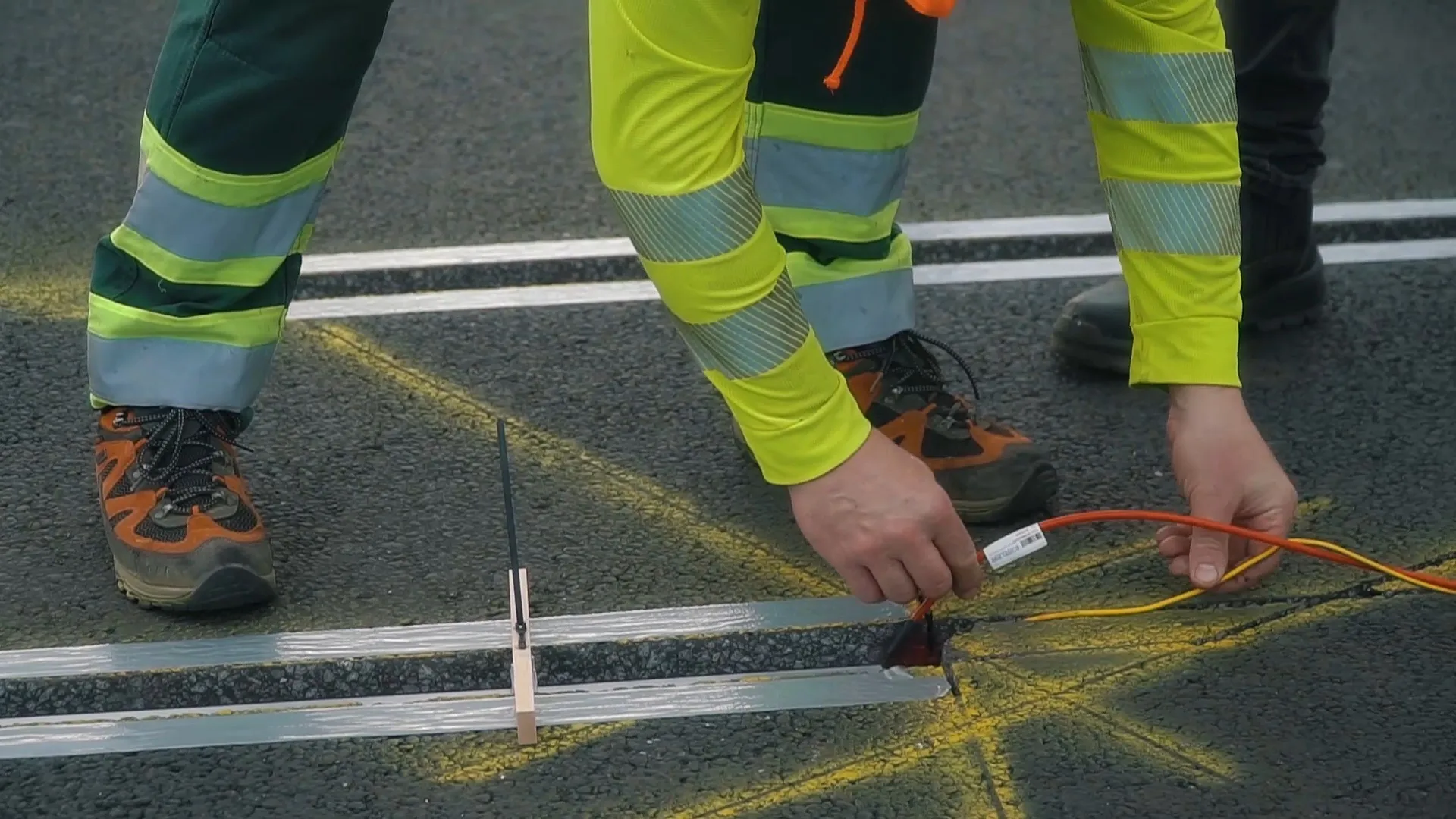An innovative ‘pothole alert’ research project could potentially save motorists billions of pounds in punctures, vehicle damage and road accidents every year, say researchers.
The company’s MagneRide technology-equipped Range Rover Evoque and Discovery Sport vehicles feature sophisticated sensors that allow the vehicle to profile the road surface under the wheels and identify potholes, raised manholes and broken drain covers. By monitoring the motion of the vehicle and changes in the height of the suspension, the car is able to continuously adjust the vehicle's suspension characteristics, giving passengers a more comfortable ride over uneven and damaged road surfaces.
Dr Mike Bell, Global Connected Car director of Jaguar Land Rover, said: “While this gives our customers a more comfortable ride, we think there is a huge opportunity to turn the information from these vehicle sensors into 'big data' and share it for the benefit of other road users. This could help prevent billions of pounds of vehicle damage and make road repairs more effective."
The next stage of the project involves installing new road surface sensing technology in the Range Rover Evoque research vehicle, including an advanced forward-facing stereo digital camera which scans the road ahead to detect potholes and predict how severe they are before the vehicle gets near them.
Jaguar Land Rover's research team will also be working with innovation partner Coventry City Council to understand how road profile information could be shared with road authorities, and exactly what data would be most useful for their roads maintenance teams to identify and prioritise repairs.
The project will also investigate whether Jaguar Land Rover's experimental camera could take an image of the pothole or damaged manhole - and share this with the road authorities, together with a GPS location.
"Ultimately, sensing the road ahead and assessing hazards is a key building block on our journey to the autonomous car,” says Bell. “In the future, we are looking to develop systems that could automatically guide a car around potholes without the car leaving its lane and causing a danger to other drivers. If the pothole hazard was significant enough, safety systems could slow or even stop the car to minimise the impact. This could all help make future autonomous driving a safe and enjoyable reality."
Sensor detects pothole hazards in real time
An innovative ‘pothole alert’ research project could potentially save motorists billions of pounds in punctures, vehicle damage and road accidents every year, say researchers. Jaguar Land Rover is researching a new connected car technology that will allow a vehicle to identify the location and severity of potholes, broken drains and manhole covers, and then share this data in real-time via the cloud with other vehicles and with road authorities to help them prioritise repairs.
June 15, 2015
Read time: 3 mins








